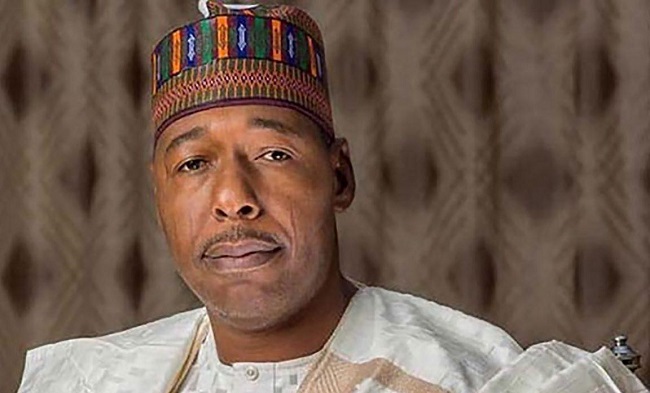The Nigeria Erosion and Watershed Management Project (NEWMAP) has established 116 hectares of woodlot in Borno State as part of measures to contain deforestation.

NEWMAP is a World Bank assisted project aimed at addressing the gully erosion crisis in Southeastern Nigeria and land degradation in Northern Nigeria on a multi-dimensional scale.
This project was born out of the request for assistance made by then President Goodluck Jonathan to the World Bank in 2010.
Mr Bukar Goba, Head of the Borno office of Monitoring and Evaluation of the project, made this known on Wednesday, September 15, 2021 in an interview in Maiduguri, the state capital.
Goba said that the 116 hectares of woodlot are in Magumeri, Kaga, Konduga and Askira/Uba Local Government Areas.
”NEWMAP has secured the sites and equipped it with solar boreholes.
“We are maintaining the sites for now before we finally hand them over to the communities.
“We also have 20 hectares of orchards, 10 each in Beneshiek town of Kaga LGA and Uvu town of Askira/Uba LGA, alongside supporting individuals in the areas to establish private orchards.
“We also distributed 150,000 seedlings to communities and organisations to encourage tree planting,” Goba said.
Goba said the insurgency affected the expansion of the project to all parts of the state.
Goba also said that NEWMAP had handled flood control and rehabilitation of degraded land in Maiduguri and Lassa.
He blamed the problem of waste management as the major causes of flood in Maiduguri and urged the public to stop dumping refuse in drainage system.
NEWMAP was approved by the World Bank board on May 8, 2012, and began operation on Sept. 16, 2013.
The Federal Ministry of Environment is the implementing agency and a total project cost of $650 million and committed amount by World Bank of $500 million.
The project began full operation in 2013 with seven pilot states in Abia, Anambra, Cross River, Ebonyi, Edo, Enugu and Imo which suffered threats by gully erosion to infrastructure and livelihood.
In 2015, the project scaled to meet the environmental needs of Delta, Oyo, Sokoto, Gombe, Plateau, Kogi, Kano, Akwa Ibom, Borno, Nasarawa, Katsina and Niger states.
The eight-year innovative, multi-sectoral project finances state-led interventions to prevent and reverse land degradation.
By Yakubu Uba
